
After remaining largely above the fray during the yearlong health-care debate, President Obama anted up all his political capital and took control of the issue last month with a bipartisan health summit and a series of campaign-style speeches. His efforts lent crucial new momentum to House and Senate leaders’ efforts to revive the bill and helped unify the Democratic base behind reform, boosting the legislation’s poll numbers as well. If the House passes health-care reform this Sunday, Obama’s place in history as the most significant Democratic president since Lyndon Johnson seems assured.
Win McNamee / Getty Images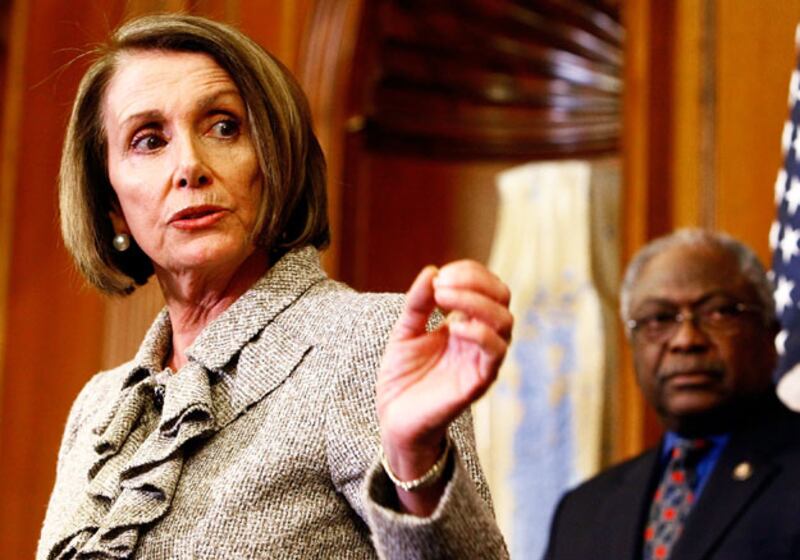
One Democratic staffer summed up House Speaker Nancy Pelosi’s difficulty in getting health care passed after Scott Brown’s Senate victory simply enough. “If Nancy Pelosi pulls this off, she will be remembered as the greatest Speaker in the history of the United States,” the aide told Politico. Two months have passed and Pelosi has somehow managed to prevent mass defections of jittery Democrats in Republican-leaning districts while slowly getting rank-and-file Democrats, Senate leaders, and the White House on board with a reconciliation strategy to pass the final bill.
Chip Somodevilla / Getty Images
Burdened with a difficult reelection campaign back in Nevada this year, the Senate Majority Leader has nonetheless been unwavering in his support for health-care legislation. His reassurances that the Senate would not abandon health care, despite losing a filibuster-proof majority with Scott Brown’s victory, helped convince House Democrats that they could trust their Senate counterparts to pass desired fixes to the legislation via reconciliation. Reid has pushed on with his efforts to secure passage of reform even after his wife and daughter were injured in a serious car accident this month, splitting time between hospital visits and corralling legislators.
Tim Sloan-Pool / Getty Images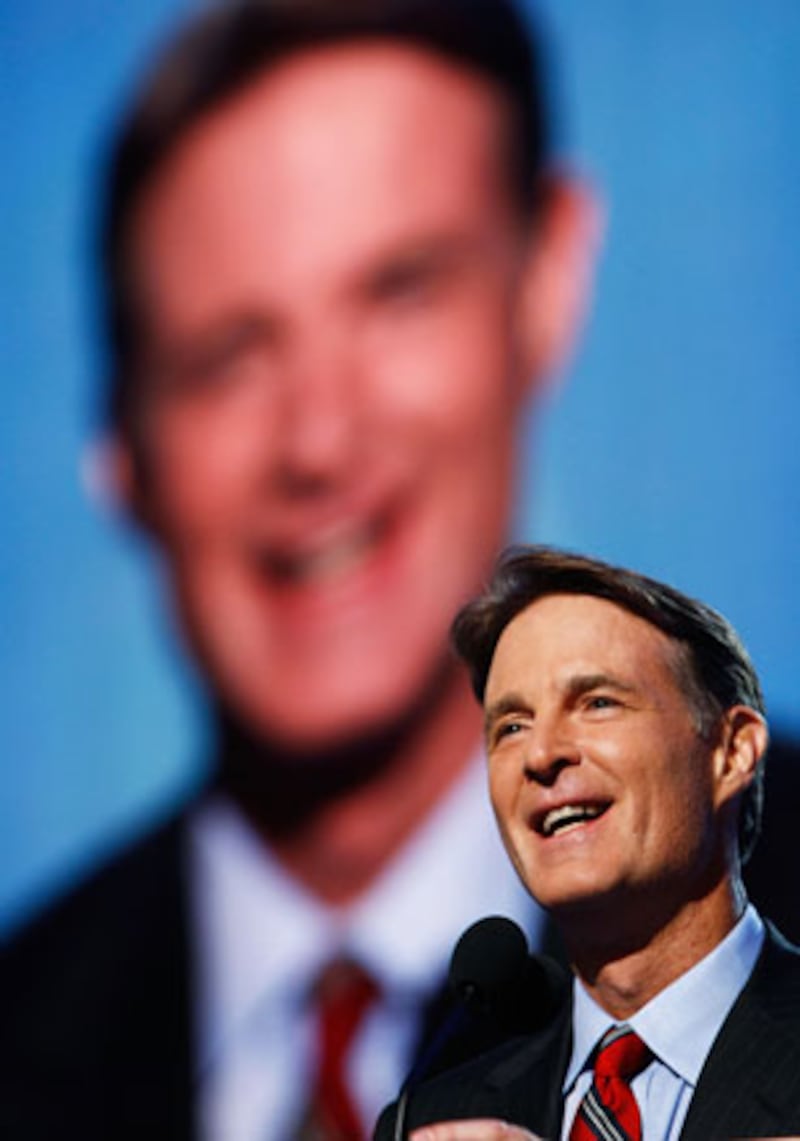
Sen. Evan Bayh (D-IN) was generally regarded as one of the less-reliable Democrats on health-care legislation given his Blue Dog leanings, and his announcement that he would retire and leave his seat extremely vulnerable to a Republican takeover struck many of his fellow partisans as a betrayal. But Bayh made the most of his exit, using it to highlight the extreme lengths that Republicans had gone to to block even the most uncontroversial legislation with arcane parliamentary tactics like secret holds. His reputation as one of the most conservative Democrats lent credibility to his case and helped buttress party leaders’ arguments that reconciliation was necessary to overcome unprecedented Republican obstruction.
Chip Somodevilla / Getty Images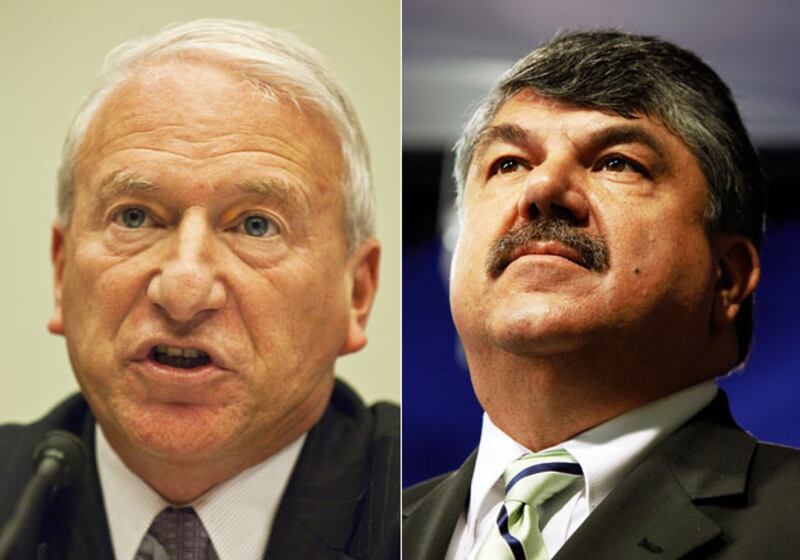
If there’s an MVP outside elected office among health-care reformers, it might be organized labor. Groups like the AFL-CIO and SEIU have relentlessly pressured rank and file Democratic lawmakers to vote for health care if they don’t want lose their backing—or gain a primary challenger. Their heavy lifting is all the more impressive considering that labor groups have expressed serious misgivings about parts of the legislation, such as a tax on high-end benefits, and their members are likely to have health insurance through their work.
Scott J. Ferrell / Getty Images; Chip Somodevilla / Getty Images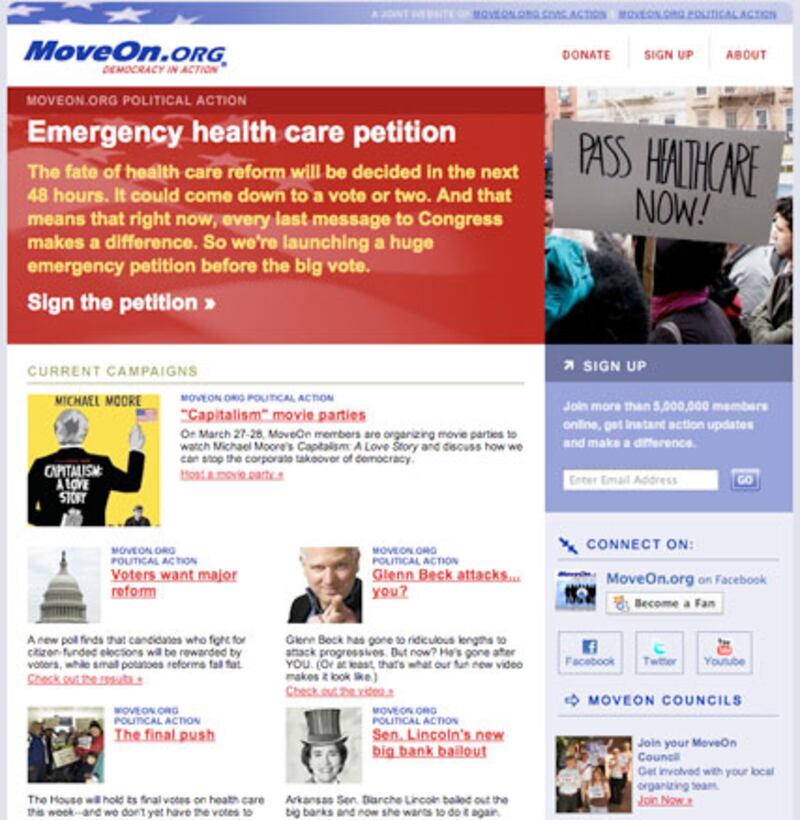
Progressive groups spent much of the past year grumbling over internal Democratic debates, such as whether to include a public option in the House and Senate bills. But once it became clear that President Obama’s latest push was the last best hope for meaningful reform, they sprang into action. MoveOn.org polled its members on whether to support the president’s plan (83 percent said yes) then quickly raised more than $1 million to fund primary challenges to anti-reform Democrats. Meanwhile, The Daily Kos’ Markos Moulitsas Zuniga called for a primary challenger against Rep. Dennis Kucinich (D-OH) unless he backed Obama’s bill (he eventually changed his vote to yes).
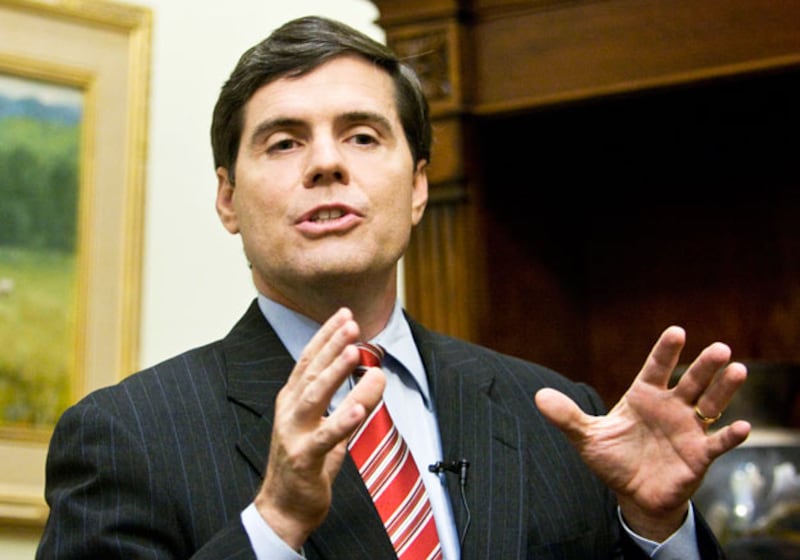
Arkansas Lt. Gov. Bill Halter announced a primary run against Democratic Sen. Blanche Lincoln in part due to her opposition to a public option and the use of reconciliation to pass final health-care legislation. He raised more than $1 million from progressive groups within days and offered a vivid reminder to wavering Democrats that opposition to health-care reform could have consequences with the Democratic base. Last week, Rep. Bart Stupak’s (D-MI) opposition to reform over abortion provisions helped attract a primary challenger as well, Connie Saltonstall.
Danny Johnston / AP Photo
Reconciliation is the reason the Senate is able to help advance health-care legislation without its previous supermajority, and Sens. Kent Conrad (D-ND) and Robert Byrd (D-WV) both offered crucial endorsements that lent legitimacy to the process. As chairman of the Senate Budget Committee, Conrad had previously said he opposed passing comprehensive legislation using reconciliation, but he immediately clarified that a small set of fixes to the Senate bill was doable after Scott Brown’s victory.
Lauren Victoria Burke / AP Photo; Susan Walsh / AP Photo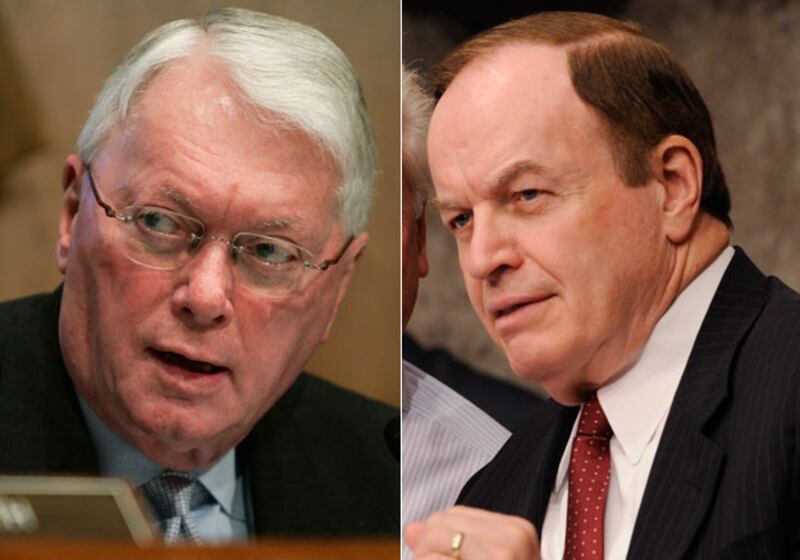
President Obama’s bipartisan summit on health care was meant to demonstrate that Republicans were impossible to negotiate with and were using obstructionist tactics to hold up a majority vote on health care. But Republicans ended up proving more thoughtful debate partners than Democrats expected, leading many to conclude the event was a draw at best. A far better illustrator of the Democrats’ complaints over obstruction was Sen. Jim Bunning (R-KY) who single-handedly blocked employment benefits for out-of-work Americans for days before giving up on his filibuster. Sen. Richard Shelby (R-AL) offered perhaps an even clearer picture of Senate rules run amok—he placed a blanket hold on all the president's nominees for federal positions over a defense earmark that he wanted to go to his state, paralyzing the government all by himself.
Alex Wong / Getty Images; Susan Walsh / AP Photo
The Congressional Budget Office, the nonpartisan referee used by Democrats and Republicans alike to estimate the effects of legislation, gave health-care reform a major boost on Thursday when it estimated the final legislation would reduce the deficit by $138 billion in its first 10 years and even more in the near future. The analysis may be a rough guess, but with the CBO the most trusted analyst of all things budgetary, its numbers helped House leaders convince conservative Democrats that a vote for health-care reform was a vote for fiscal discipline.
Manuel Balce Ceneta / AP Photo
What's this, an insurance company on the list of health-care heroes? One of President Obama’s biggest allies in his latest health-care effort has been insurance providers, which picked the wrong time to announce a series of double-digit rate hikes around the country. Anthem Blue Cross opened itself up to attack in February when it announced a 39 percent rise in its premiums, prompting a White House demand that the company justify its decision. The rising costs of insurance became a key talking point for Obama and Democratic leaders as they argued that reform could not wait any longer.
David McNew / Getty Images




